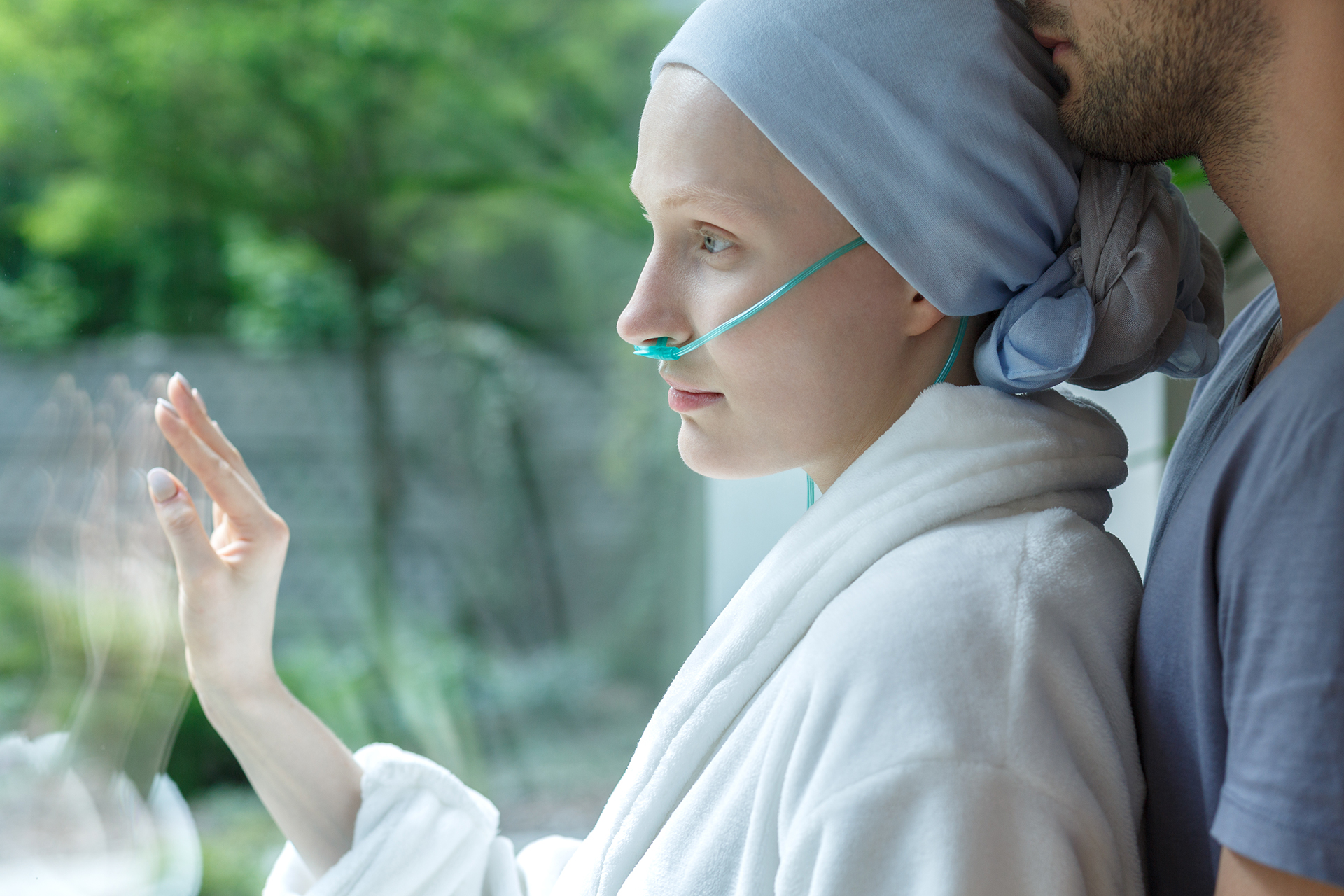Chemotherapy, radiation, immunotherapy, and bone marrow transplants are the types of treatments used to treat leukemia. You are likely to receive at least one of these. Many patients receive more than one. The type of treatment you get will depend on the type of leukemia you have, the stage of the disease, your age, and your general health.
Chemotherapy – Chemotherapy consists of medicines (chemicals) that are introduced into your body. These medicines kill cancer cells. Chemotherapy has a few side effects, including nausea, tiredness, etc. Medicines are usually given to help alleviate these symptoms. There are numerous different chemotherapeutic agents available for leukemia, some of which have very different side effects. Chemotherapy drugs can be given in an infusion (a process much like receiving blood or IV fluids), pill, or several other methods.
Radiation – Exposing people to high doses of targeted radiation also kills cancer cells. A specialist called a radiation oncologist will usually oversee administering this type of treatment if it is required. Radiation usually produces side effects, including burning of the skin. The amount of radiation you receive is carefully monitored so that the healthy cells in your body receive little to no exposure.
Immunotherapy – Immunotherapy is a new type of treatment. It involves introducing a genetically modified organism or protein into your system. Immunotherapy either attacks the cancer or allows your body’s immune system to recognize cancer cells as dangerous. When the immune system sees cancer cells are an invasive organism, it attacks and kills the cancer as if it were a cold or flu virus.
Bone marrow transplantation – Some leukemia patients will need a bone marrow transplant. In this procedure, a patient’s own bone marrow is destroyed via radiation, and new bone marrow from a donor is given to you. The new bone marrow produces healthy blood cells. If everything goes as planned, the patient is cured.
During treatment, you will have to alter your diet and lifestyle. This is primarily done to make sure that you do not develop an infection.
It should also be noted that many patients may opt to be part of a clinical trial. A clinical trial is an experiment where you are given a drug (or other type of treatment) that has not yet been fully approved by the government. Clinical trials are carefully monitored for safety; however, there are considerable risks. These risks will be explained to you by your physician if you decide to take part in a clinical trial. Many patients, especially those with leukemias that are very difficult or impossible to treat, may wish to ask their doctors if they are a candidate for any clinical trials.

